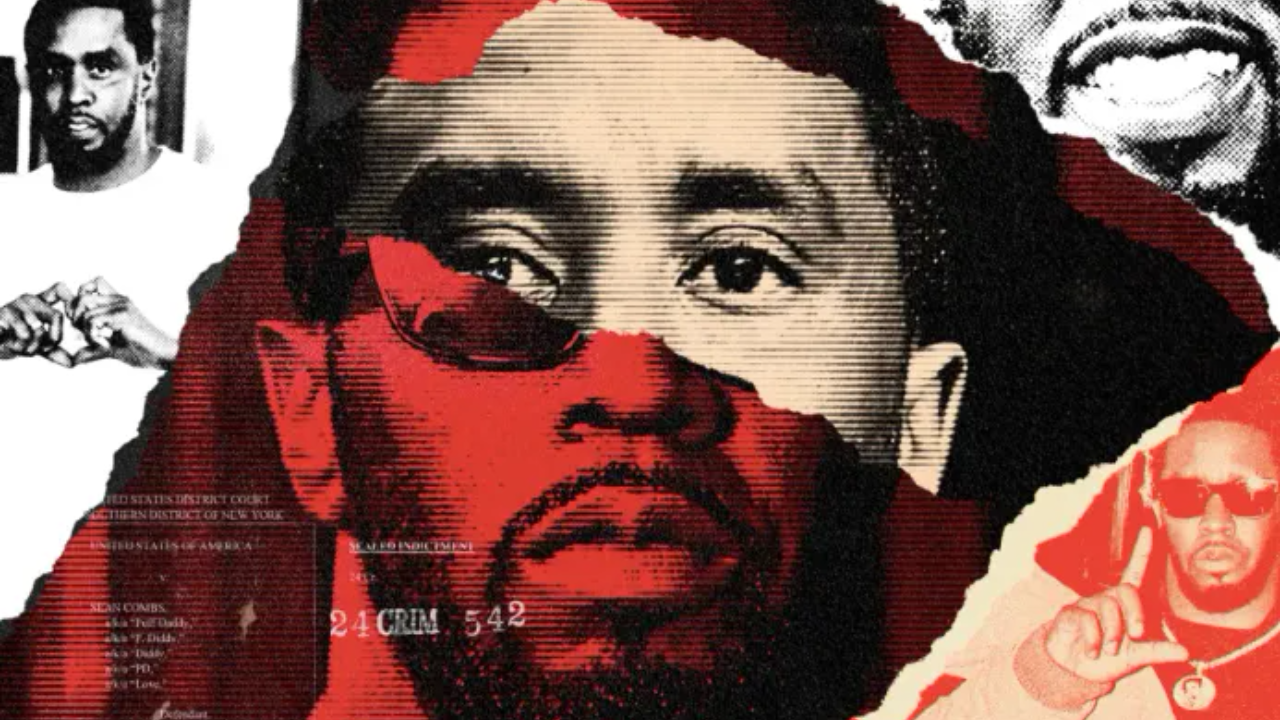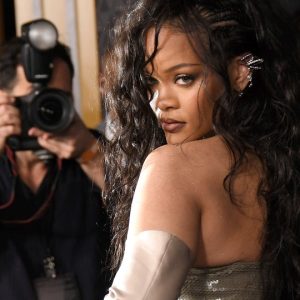Can Diddy ‘s career survive his sentencing? What is the music industry saying about the scandal and the possibility of a comeback for America’s hip-hop mogul? One executive said, “There will always be bad boys and bad behavior. It’s glorified, not punished. It’s ingrained in the industry.” Does this mean Diddy could still come back?
Sean “Diddy” Combs won a major legal victory this past week when he avoided the most serious sex trafficking and extortion charges in his criminal trial, leaving music insiders wondering how an industry with a notoriously dark past in handling abusive behavior can still move forward.
“I’m tired of living in a world where money, power, misogyny, and patriarchy continue to win,” Tiffany Red, a prominent music industry advocate and close friend of Cassie Ventura (a Diddy victim), wrote on Instagram after the verdict was handed down last Wednesday.
It’s too early to know if Combs will have any chance in the future. Combs faced weeks of brutal testimony from witnesses including Ventura and Kid Cudi, and his acquittal came on the back of what observers called prosecutorial overreach in his case. Diddy was denied bail on Wednesday, leaving him in jail until his sentencing in October. Diddy has also been sent to prison twice for prostitution, which could carry a maximum sentence of 20 years, although Diddy’s exact sentence is unclear.
Diddy Combs may never again have the appeal or career success he had before the allegations surfaced. But if there’s one business where a tarnished image might not cost you some level of profit, insiders say, it’s music. Despite years of efforts to change the culture in the post-#MeToo era, the fear of retaliation over these issues remains strong in the American music business. Seven different executives who spoke to The Hollywood Reporter for the Diddy story requested anonymity for fear of retaliation or a desire to protect their relationships in the industry.
“He is a monster. And the fact that the music industrial complex protected him for decades,” said a music entrepreneur who spent years in the major US record label system.
A longtime media executive who has worked with several major entertainment companies added: “The music industry is lawless and people have very short memories. Artists are licensed. Rock and roll has always been a dirty game, it’s always been sex, drugs and rock and roll. There have always been bad boys and bad behaviour. It’s glorified, it’s not punished. It’s ingrained in the business.”
Indeed, the American music business, perhaps even more than the entertainment industry as a whole, has a troubled history of handling controversies between its stars and its top executives. While the commercial results have varied, few artists have been completely blacklisted from the industry following allegations of abuse or bad behavior.
Chris Brown pleaded guilty to assaulting his ex-girlfriend Rihanna in 2009, a notorious case that tarnishes Brown’s reputation to this day. And despite multiple criminal and civil charges of battery—including an arrest in the UK in May for an incident in which he hit a producer in the head with a tequila bottle—he remains one of the most popular artists in the industry, releasing eight major label albums since then (all of which debuted in the top 10) and currently selling out stadiums on his ongoing tour.






